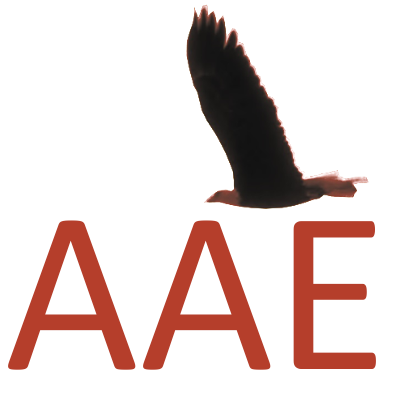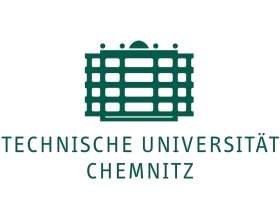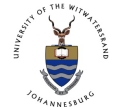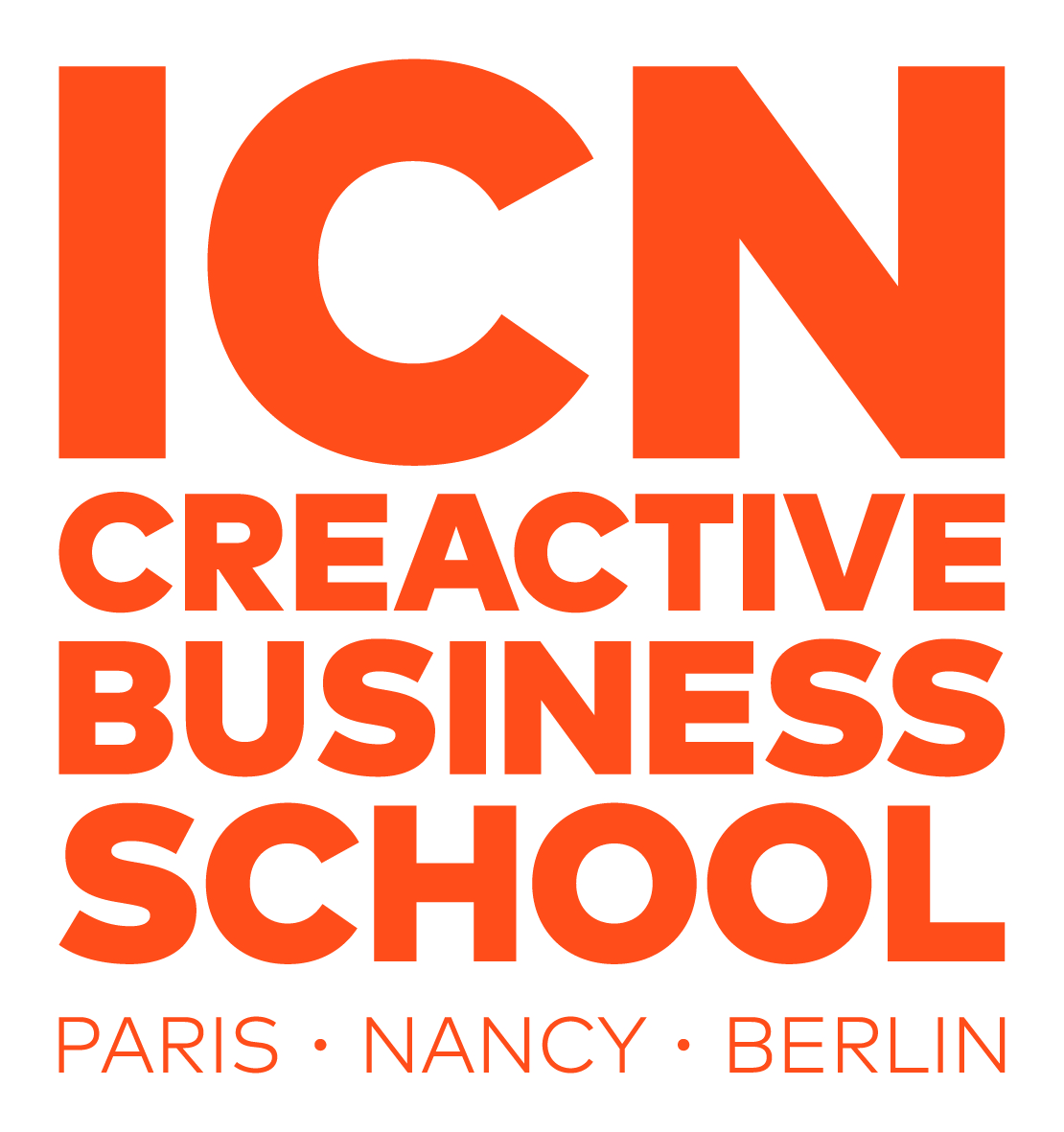The American African European (AAE) Summer and Winter Schools are proposed as an interdisciplinary and intercultural study program for Master- and PhD-students of the four participating universities: University of KwaZulu-Natal in Durban, South Africa (UKZN; School of Management, Information Technology and Governance), the University of the Witwatersrand in Johannesburg, South Africa (Wits; School of Economic & Business Sciences), and the Technische Universität Chemnitz (TUC; Faculty of Business Administration and Economics), and the ICN Business School in Nancy, France (ICN, School of Management, Technology and Art). The topics such as “Sustainability”, “Responsible Management“ or “Intercultural and Organizational Communication“ link collaborative teaching and research interests of the four universities as well as their current regional challenges of society and economy. The Summer and Winter Schools take place at the locations of the institutions participating, alternating annually.
The inspiring AAE summer and winter school program was originated and founded by the initiative of David A. Coldwell (University of the Witwatersrand, South Africa; originally University of KwaZulu-Natal, South Africa), Andrea Fried (Linköping University, Sweden; originally TU Chemnitz, Germany), Frank G. Pérez (University of Texas at El Paso, U.S.A.) and Klaus-Peter Schulz (ICN Business School, France; originally TU Chemnitz, Germany) in 2007.
Object & Objectives
The Summer School creates an interactive space, where the participating students are able to develop first hand intercultural and interdisciplinary competencies, to foster and complement their curricular management knowledge and practical research competencies in an intensive two weeks summer/winter school. In addition, it offers opportunities for the participating staff and faculty members to connect and plan further collaboration like joint research projects, publications or staff exchanges.
Regarding the provided content the summer school is based on three pillars:
- theoretical knowledge (interdisciplinary & interactive lectures and workshops, academic conferences)
- practical knowledge (business games, self-organized research, project work, site visits, academic conferences)
- intercultural insights and exchange (excursions, joint leisure activities, fieldtrips)
During the workday the students typically attend themed sessions in the morning and afternoon. To compliment the academic program with cultural experiences, there are fieldtrips included that reflect the theme and the local social and cultural environment.
 AAE Summer and Winter Schools
AAE Summer and Winter Schools


